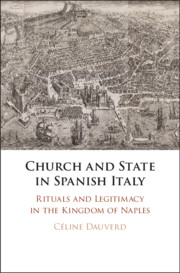This article explores the history of the German theatre in St Petersburg in the eighteenth and nineteenth centuries, a subject forgotten for a hundred years due to historical reasons. Svetlana Melnikova uses cross-cultural research methods, which, as she has discovered, appeared in Russian criticism concerning the arts as early as the nineteenth century. The ideas of Russian scholars turned out to be concordant with modern findings in cross-cultural dialogue and comparative research methods, because the process of establishing Russian culture was influenced by earlier cultures in a variety of ways. The German diaspora in the capital of the Russian Empire at the turn of the nineteenth century, and the artistic qualities of the German theatre (the activities of its managers, the company, the repertoire, theatre buildings, as well as the target audience) described in this article, are here presented as the expressive elements of intercultural communication that provide theatre history with a sense of actuality. The author introduces unique archive materials from the Russian State Historical Archive, as well as from publications preserved in Russia-focused departments of major Russian and German libraries. Examining these materials, she reconstructs the history of this rare phenomenon in the context of the mutual influence between German and Russian theatres. Svetlana Melnikova is Professor of Art at the St Petersburg State University of Film and Television. She is the author of six books, including Kotzebue in Russia (2005), and ninety-six articles on the history, theory, and practice of theatre in Russian and German.
